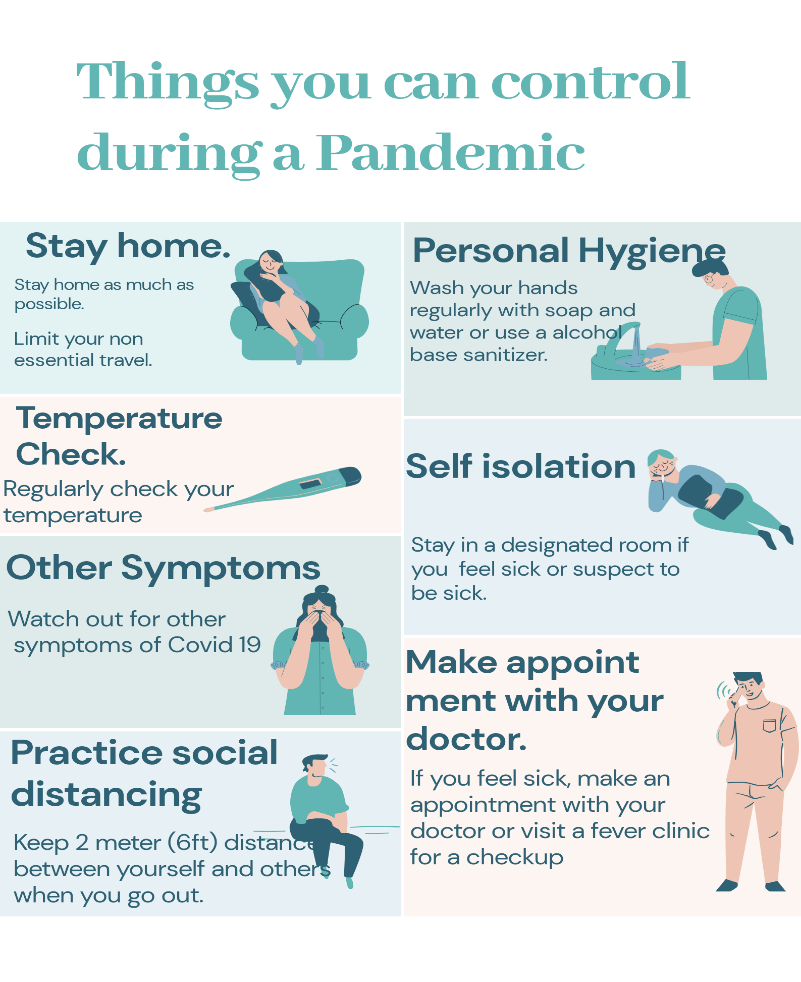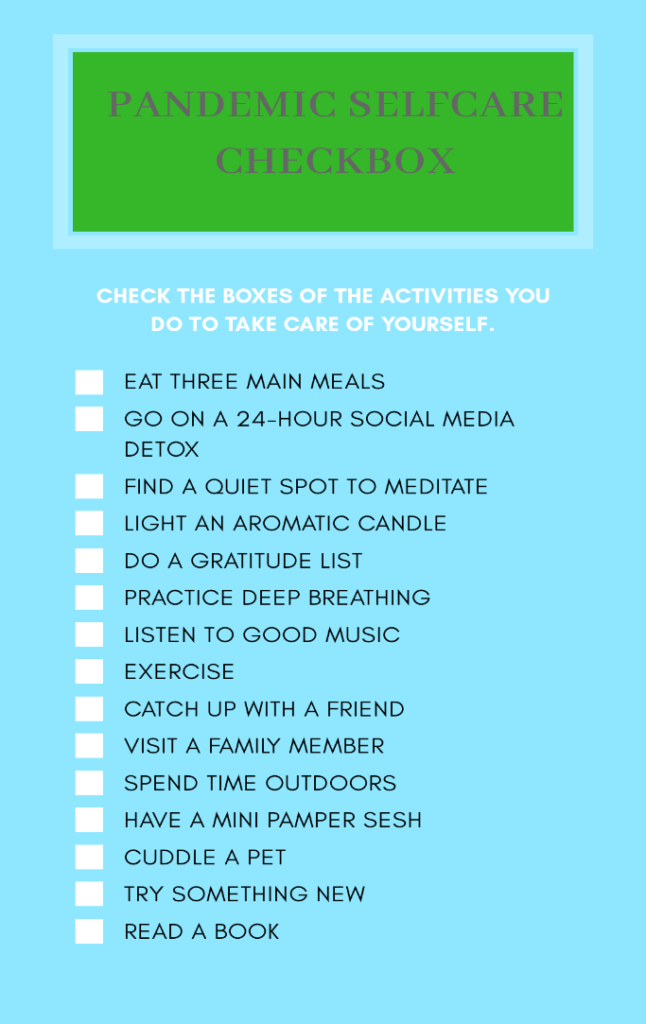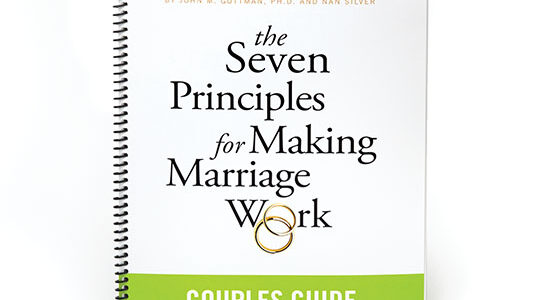To what degree should we be concerned about seeking answers to what do anxiety feel like, given that anxiety has become increasingly topical and central in our everyday discussion? Many of us experience certain anxiety disorder-related symptoms without knowing what their primary causative agent is.
The attempt in this article is to explore the definition of anxiety and anxiety disorder. What are the causes of anxiety disorder and risk factors of anxiety disorder? What are the anxiety disorder symptoms? When should an individual go for anxiety disorder diagnosis or test?
The article will be worth all the time and attention. It will also look at how you can overcome anxiety disorders by highlighting some of the measures for anxiety treatment.
What Do Anxiety Feel Like?
In simple terms, anxiety is the natural response of the individual’s body to stress, risk, or danger. It comes in the form of a fretful and jittery response after receiving a mail that you’ll be the first to deliver a paper in your first-ever public presentation. What about the nervous feeling of going for a job interview in a much-coveted oil firm, or having to stand in front of a top-management panel to answer a query?
These feelings are both normal and natural responses of the body to events. While these feelings may be unpleasant, they also have a way of inspiring confidence and motivating you to dress, perform, or speak better. Overall, ordinary anxiety improves the individual to become a better person in behavior, speech, appearance, as well as in managing stress, relationships, and expectations.
What is Anxiety Disorder?
Anxiety disorders mean those extreme feelings and continuous fearful responses that your body gives in the event of stress. Generally, anxiety disorders are a complex array of anxieties and related conditions. They come in different forms and degrees, but always with fear, excessive worries, and trepidation. Anxiety disorder can come in the following forms:
- Social anxiety disorder (SAD) – when you feel insecure when castigated in public. It could also be a negative sense of anxiety to public acts and actions, such as speaking, eating, being assertive or embarrassed, or walking.
- Panic disorder (PD) – occurs when you experience a blend of emotional conditions and certain physical symptoms, including dizziness, anticipating danger or fear of death, shortness of breath.
- Post-traumatic stress disorder (PTSD) – certain anxiety disorders could occur after a life trauma or negative events of life.
- Generalized anxiety disorder (GAD) – a general worry and feeling of distress towards lots of things, events, and actions.
- Obsessive-Compulsive Disorder (OCD) – this refers to the obsession to keep repeating a certain action, behavior, or rituals over and over again. It is often triggered by intrusive thoughts to relieve anxiety.
They have the potentials to cause damage to the normal functioning or way you live your life. An anxiety disorder may affect you to the point of preventing you from visiting relatives or meeting new friends. In essence, people are sometimes confused as to what do anxiety feels like. It could cause your continuous fearful refusal to use an elevator, or putting on new dresses.
Causes or Risk Factors of Anxiety Disorder
Although there are no clear-cut causes of anxiety disorders, some factors contribute to their development. Also, there are certain conditions and things that can potentially increase the chance of you developing an anxiety disorder. The factors determine which form of anxiety disorder you develop. Meanwhile, some of these risk factors are avoidable; others are not.
- Low self-esteem – social anxiety disorder can result from having a negative perception or taking a bad image of yourself.
- Health conditions – anxiety disorder symptoms can manifest or worsen due to certain chronic medical conditions, including lung or heart malfunctions.
- Stress – events in the environment can trigger anxiety disorders. Rape, abuse, death of a loved one, social neglect, or attack could make one go through the stress that could cause anxiety disorders.
- Drug abuse or misuse – people who abuse or misuse hard drugs, substance, or alcohols, and those who withdraw from their use can experience disorder symptoms.
- Genetics – family history also be responsible for the spread of anxiety disorders.
- Negative peer influence – there is a chance that you develop anxiety disorder if you’re exposed to certain negative influences from friends and peers. One must avoid peer influences such as substance or alcohol taking, addiction, or excessive overt behaviours.
- Brain malfunction – lack of proper brain chemistry can result in fear and worry, which produce fertile ground for anxiety symptoms to manifest.
Symptoms of Anxiety Disorder
Some signs are anxiety disorder suspects. At what point do you begin to suspect that your normal anxiety is graduating to severe anxiety or what do anxiety disorder feel like? If you or a neighbor feels any of the following symptoms, there is a high chance that you’re suffering from an anxiety disorder. They include:
- Pounding or rapid heart rate
- Constant nervousness and edgy
- Excessive tense and edgy feeling
- Frequent restlessness
- Regular concentration on problem
- Irrational fear
- Irritability
- Constant anticipating danger
- Feeling of a loss of the mind
The above signs and symptoms may be attributed to the mind. However, there are other physical symptoms of anxiety disorders. If your body’s flight and fight response occurs in any of the following forms, you will need to check for anxiety disorders:
- Chronic fatigue and proneness
- Constant sweating
- Unsteadiness and dizziness
- Abdominal discomfort
- Frequent urination
- Headaches
- Inability to sleep (insomnia)
- Respiratory problem
- Shaking and trembling
It should be said that the degree and manifestations of anxiety disorder response differ from person to person.
Anxiety Disorder Test
Even though they have a high chance of cure in the condition, certain symptoms only point in the direction of anxiety disorder. There is a need for you to take the anxiety disorder test. Usually, to diagnose anxiety disorders through certain symptoms, your doctor will ask questions and find out about your health and medical history.
Meanwhile, the doctor will also examine the severity of the symptoms that manifest in your system. The outcome of the medical examination will inform if you need to start treatment or have to be referred to a psychiatrist.
Treatment of Anxiety Disorder
The good news about anxiety disorders is that they can be treated to allow the sufferer enjoy a better quality of life. Let’s consider some of these treatments.
Psychotherapy
This involves working with a therapist to manage symptoms of anxiety. It teaches the sufferer specific skills that help to manage worries and return to normal activities without trepidation.
Medication
There are several types of medication used to treat anxiety. These include antidepressants like Lexapro, Cymbalta, Paxil, Pexava, and others. Doctors might also recommend Buspirone or Benzodiazepines.
Natural Remedies
Lifestyle changes also help to manage anxiety disorders. Some of the things sufferers can do include:
- Exercising
- Sleeping better
- Eating healthier diets
- Avoiding alcohol, smoking, and recreational drugs
- Meditation
Conclusion
Understanding the question, ‘what do anxiety feel like?’ the causes, symptoms, and preventive measures of anxiety disorder is an important step to identify whether you are suffering from chronic anxiety. Anxiety disorders have a serious negative effect and can hamper overall personal growth and development. We hope this article has given more insight into what anxiety is and how to deal with it.






